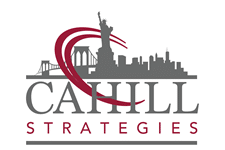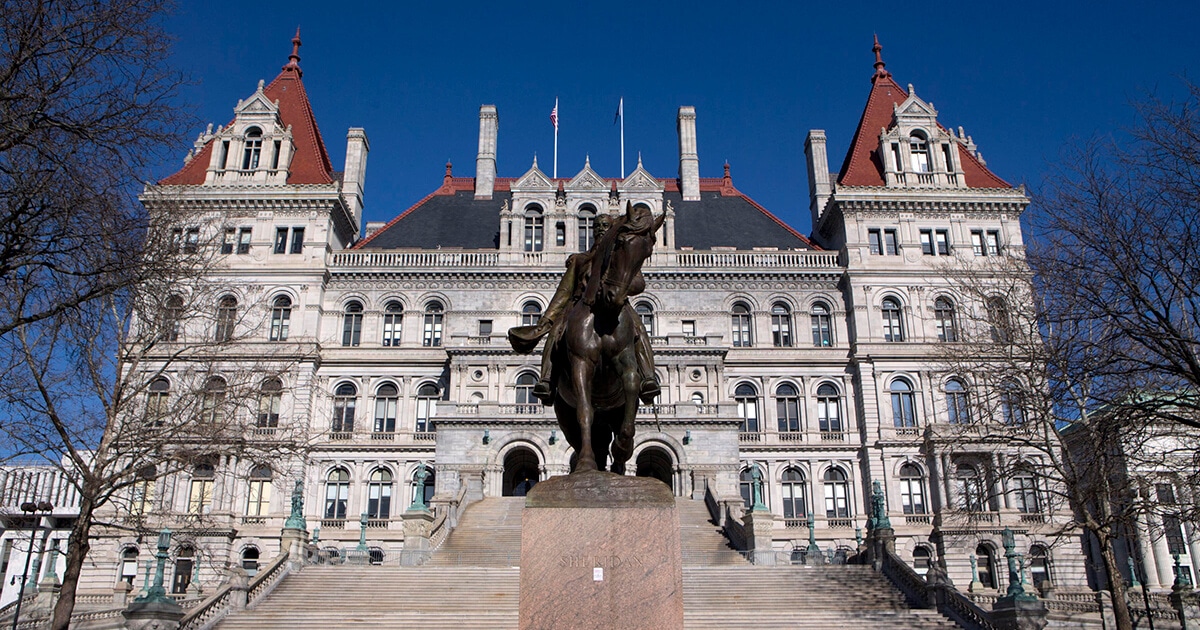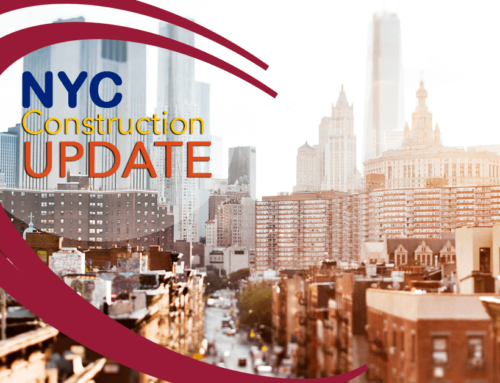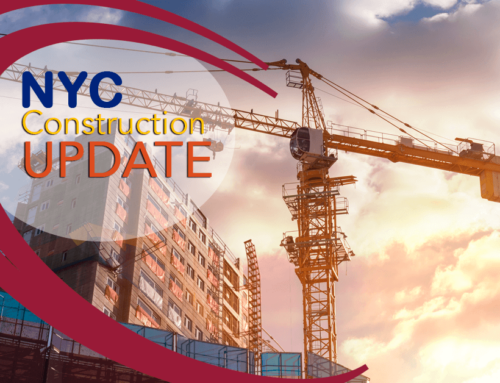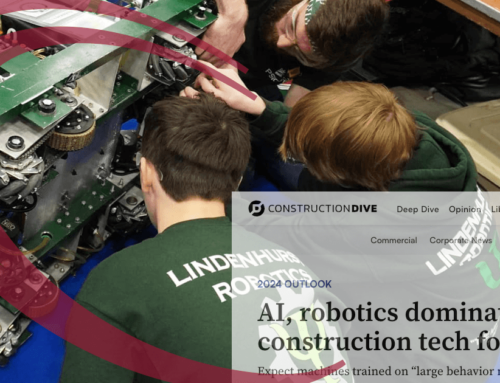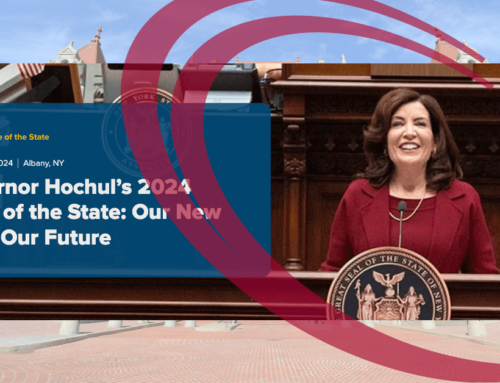Who are you voting for? That’s not the only thing New Yorker’s will be deciding this election day. This year, we also have the vicennial question of a constitutional amendment. And not everyone truly understands what they are voting “yes” or “no” on. It’s a short, and simple 13-word question: “Shall there be a convention to revise the constitution and amend the same?”
Voters have the power to change the constitution. A power that is available to us every 20 years. However, the last time this was done was in 1967, half a century ago. The question this time around on the the public’s mind is, “Are we happy with how things are going in the current political system?” This is causing quite the divide among many individuals, not about whether changes need to be made, but rather who is implementing these changes, and if there are other alternatives to a full-blown Constitutional Convention.
If there is any common ground in this situation, it lies within the premise that many on the “yes” and “no” sides actually agree on the need to update the constitution. What does this really tell the individual voter though? How can so many people who agree have such different views on the same issue? We can’t tell you what’s right or wrong, or what will truly help you or your business. Instead, what we can tell you is who the supporters and opponents of the Constitutional Convention, or “Con Con” as it is referred to in political circles, really are.
Based on polls run by multiple sources, including Siena College, found that the majority of New Yorkers back the proposal for a convention. Those in favor include the Citizens Union, Democratic State Senator Liz Krueger, Republican Assembly Minority Leader Brian Kolb, and a group of Women’s Marchers. A large proponent is Richard Brodsky, a former assemblyman, who provides his personal insight on why you should vote “yes” on this issue. “Since the Civil War, we have become used to the federal government championing, mostly, the expansion of personal rights and liberties. The feds are now rolling back these hard-won advances.” Brodsky understands why there is a concern but ultimately feels that things need to change, and this is our chance.
Opponents of this convention are much easier to come across. You have John Flanagan, the Republican majority leader of the state senate. Then there is the Democratic Speaker of the Assembly, Carl Heastie. Mayor Bill De Blasio and State Senator Jeff Klein along with most other politicians in New York State are also against holding a constitutional convention. Among these, labor unions and organized labor groups, afraid of losing certain rights, may be the largest force of opposition. New York City Councilman, Mark Levine, argues that “A convention is not the only way to amend our constitution.” He feels that progressives should do the “hard work” rather than the “perilous route” of a constitutional convention.
So, how does this affect an individual? A business? You? No matter what the majority vote comes out to be, a large amount of money is being spent on either side. There is no avoiding the exponential costs of these conventions. The other thing to note is that even if this decision goes through, the result is still up to the people. Nothing a convention does can become a part of the constitution without the consent of the people.
It all comes down to how much you desire change. And how much you believe that change will actually occur. Once you can answer those questions, you will have your answer whether to vote “yes or “no” for this constitutional convention.
